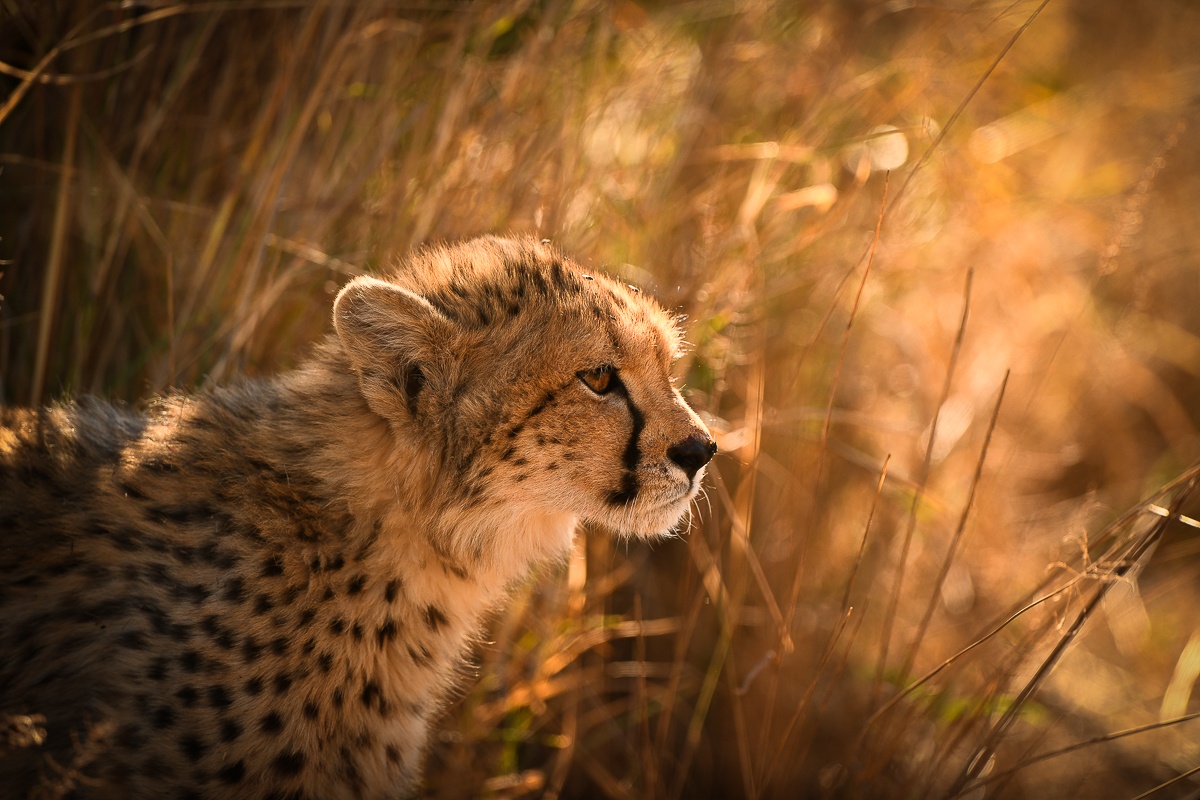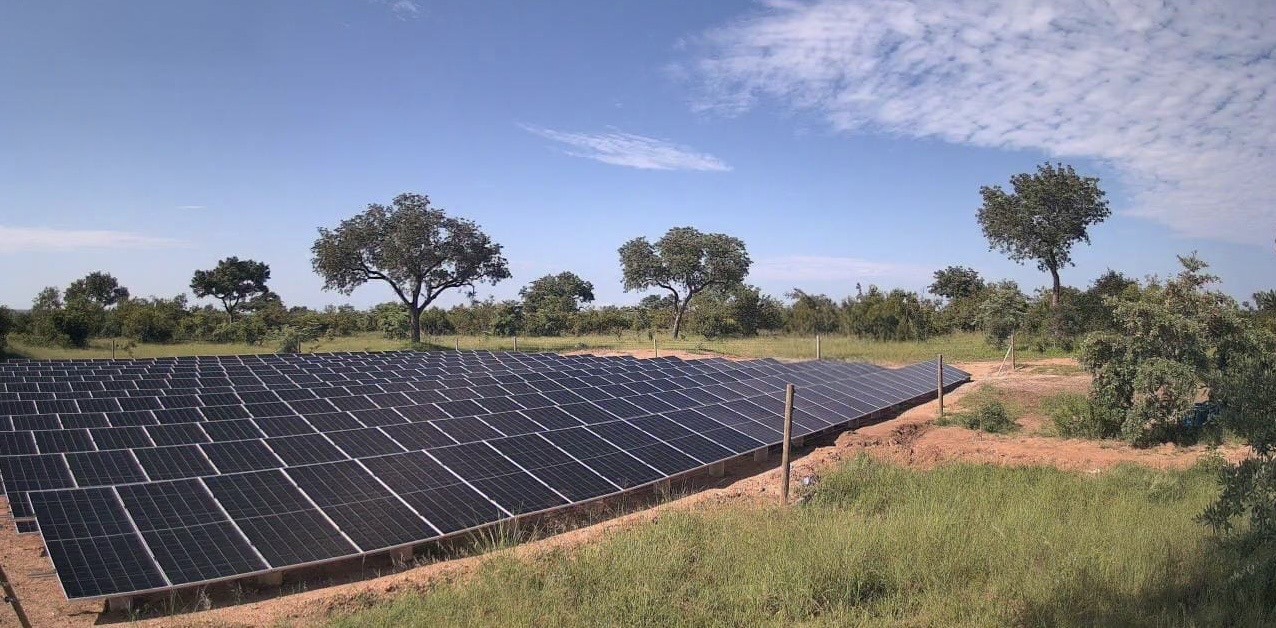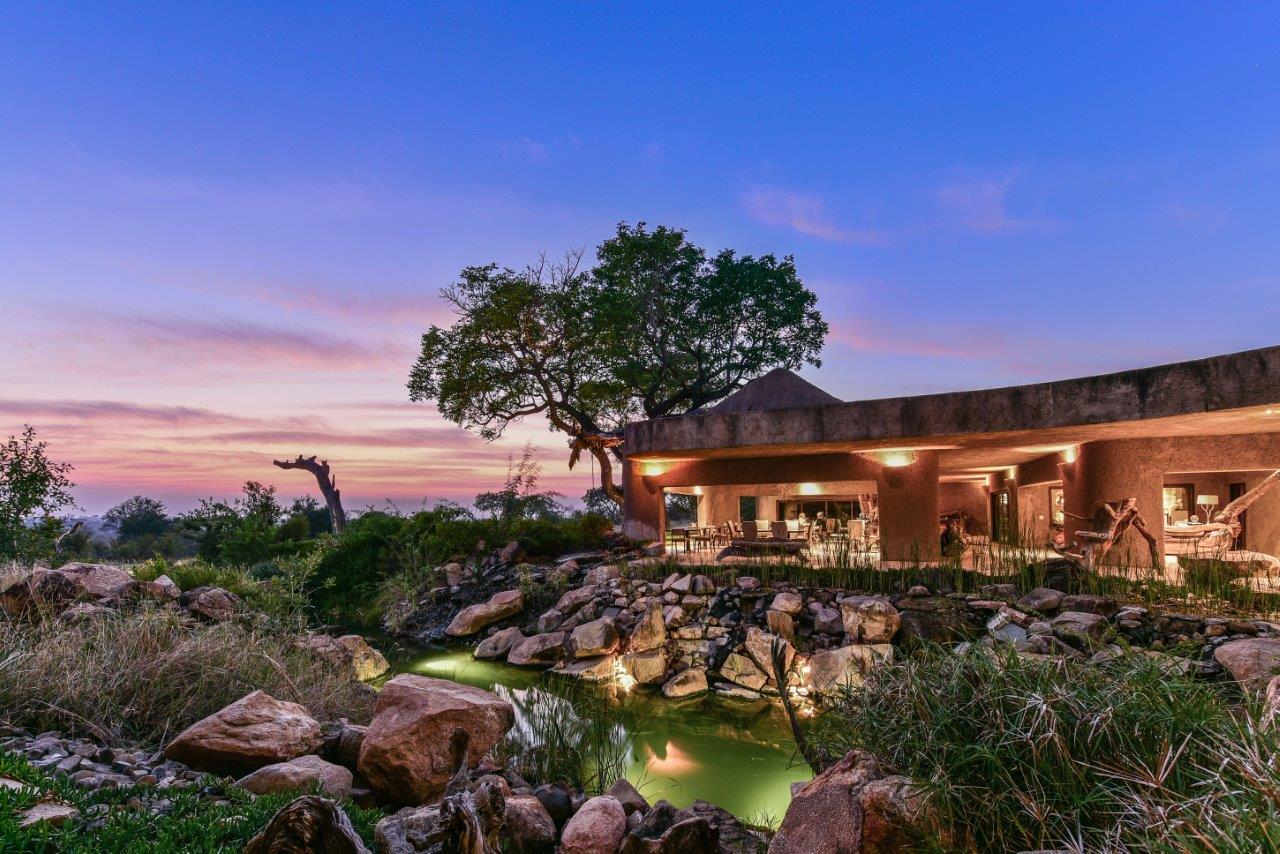Conservation is our Compass
on May 29, 2025Between 19 and 21 May 2025, an extraordinary conservation operation unfolded across Sabie Game Reserve (SGR), home to a number of Reserves. Over the course of three days, teams of skilled veterinarians, conservationists, helicopter pilots, anti-poaching units and reserve management came together in a powerful show of collaboration to carry out a vital intervention: the dehorning of rhino – one of the most critical hands-on efforts in modern wildlife protection.
This was not a decision taken lightly. In today’s world, where poaching remains one of the most significant threats to rhino survival, dehorning has proven to be one of the most effective and humane deterrents. Since the launch of the Sabi Sabi dehorning programme in 2022, there have been zero rhino losses to poaching within the reserve – a testament to the programme’s impact.
As part of our commitment to guest-driven conservation, we extended a once-in-a-lifetime invitation to guests and a small group of 30 guests from Sabi Sabi were privileged to witness this groundbreaking initiative firsthand. For them, it was more than just observation – it was active participation.
Each morning began at sunrise with a full safety and conservation briefing by our Reserve Management and veterinary teams. Guests then joined the aerial and ground units in locating rhino from the sky, using a small fixed-wing aircraft. Once a suitable animal or group was identified, a helicopter team, including a wildlife veterinarian, mobilised to the site.
Guests watched from a safe distance as the rhino was sedated and carefully guided into a secure, workable location. Once the sedation took effect, ground crews moved in to carry out the procedure. The rhino’s eyes and ears were gently covered to minimise stress, oxygen was administered as needed, and a partial drug reversal ensured safer breathing. All procedures were performed under expert supervision with the utmost care and respect.
During the intervention, vital data was collected — including DNA samples, microchip placement, and biometric measurements. The horn was removed with precision above the growth plate to ensure the animal’s safety and comfort, and the remaining area was treated to protect it from cracking or infection. Each horn was securely tagged and matched to the rhino’s unique data profile.
Guests had the rare opportunity to assist the team during these procedures under guidance, before moving to a nearby safe zone while the veterinary team administered the reversal drug. They observed the rhino’s recovery — a deeply emotional and unforgettable moment.
“Watching the teamwork, care and professionalism of the entire operation was inspiring. These vets and rangers are the unsung heroes of conservation. It was an emotional and unforgettable experience.” – Sabi Sabi Guest
Sabi Sabi extends heartfelt thanks to every individual and organisation who made this initiative possible: our veterinary partners, pilots, rangers, lodge teams, reserve management, and of course, our guests — whose presence and support continue to play an invaluable role in conservation.
With The Bigger Picture In Mind
While the dehorning programme is a vital component in protecting rhinos from poaching, it is only one thread of our environmental responsibility. From 24/7 wildlife protection and habitat restoration to education, empowerment and sustainable tourism, every aspect of our operation reflects a deep and ongoing commitment to safeguarding the biodiversity of this landscape.

Solar Powering A Greener Tomorrow
A key part of our environmental strategy is reducing our carbon footprint, and one of the most visible steps we have taken is through the increased use of solar power at our lodges. Bush Lodge, Selati Camp and Earth Lodge now harness renewable energy to support day-to-day operations – significantly easing dependence on the national grid and creating a quieter environment. This successful transition has also served as a valuable pilot programme for the solar integration planned at Sandringham Private Game Reserve, which is set to open mid-June 2026.
Here’s what we’ve achieved since January 2025 by switching to solar:
- 92 tons of CO2 emissions saved
- 77 tons of coal were not burned
- Environmental impact equal to planting 125 trees

Looking Ahead, Acting Now
Whether through rhino protection, habitat restoration, solar energy, or community engagement, we aren’t waiting for the world to change – we’re helping to change it. Our guests, partners, and community members are part of this collective effort, each making a difference by choosing to travel purposefully.
Together, we are shaping a more hopeful future for wildlife, people, and the planet.








